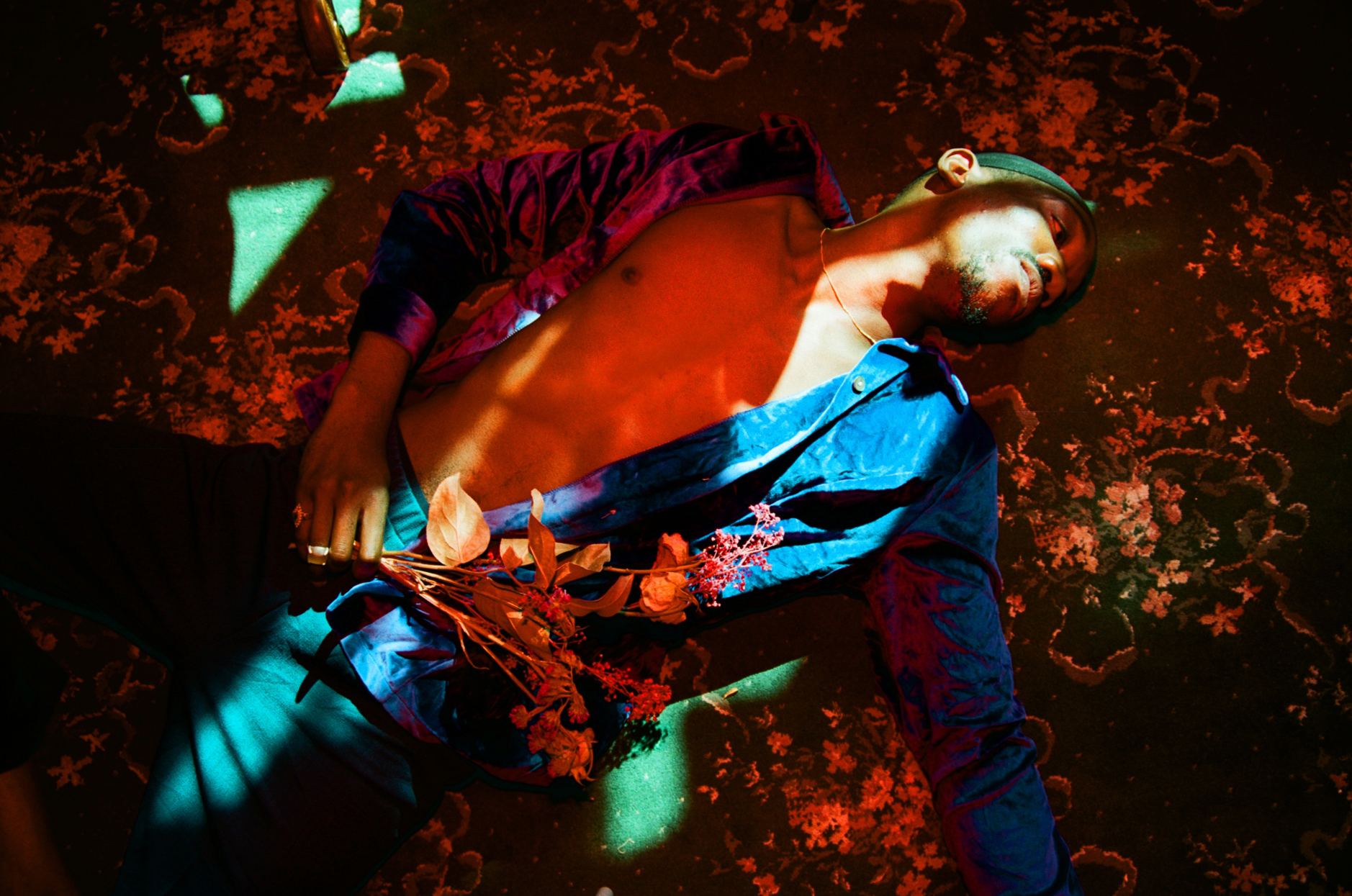“The summer’s here to take my mind off you.” It’s the end of summer and Congolese-born Londoner Miles from Kinshasa has blessed us with the soundtrack to another season of flings and feelings we hoped would last.
Birthing a sultry sound he refers to as ‘rumba-pop’ (“an umbrella term to do whatever the fuck I want”, he told FACT), Miles from Kinshasa’s are the kind of songs that fuel our modern, urban and international lives—tracks to underscore lives led in some imaginary apartment in London, Brooklyn, Berlin, Seoul, Los Angeles, Paris, Lagos, Melbourne, São Paulo. Oozing ’80s-esque synth-pop, rumba beats and full rounded sonics, the ‘No Fair, No Way’ and ‘Pretend’ offer up lightened electronic accents inflected by Miles’ time spent in the DRC and the underground soul, reggae, jazz scenes of London and Paris. His smooth voice floats to us with his signature confrontational style: a direct and intimate approach to a partner, twisting and turning in navigation of power in a relationship. These are tracks that are full of sex and sweat and the last fade of long sunsets into longer nights.
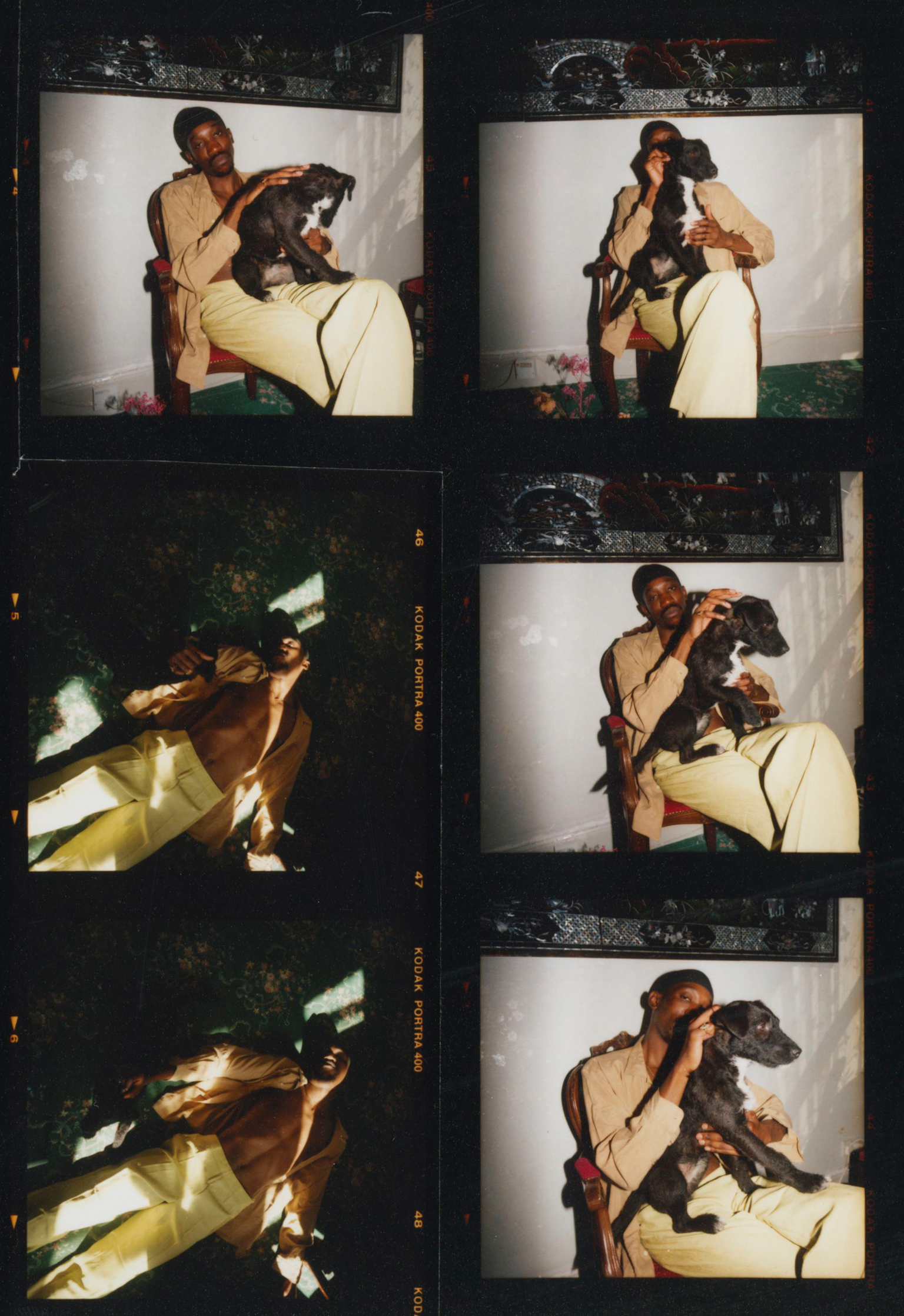
“You say you’re not the same as back then, but what has changed?” Miles asks in the opening line of ‘No Fair, No Way’, backed by the seamless production of high-tenor beats, soulful synths and crooning and occasionally cutting vocals. Followed by the more rhythmically rolling, lyrically assertive ‘Pretend’—with its bold-faced commands to “Show us your real intensions,” and “Just don’t pretend”—the double release takes us on a dynamic ride, driven by a voice that is sometimes accusational, sometimes pleading in its approach.
Yes, summer’s almost over, but we have two new MFK songs to ride our wave of nostalgia for the season, and as the days get shorter and the nights turn cold, we catch up with Miles from Kinshasa to find out what’s next.
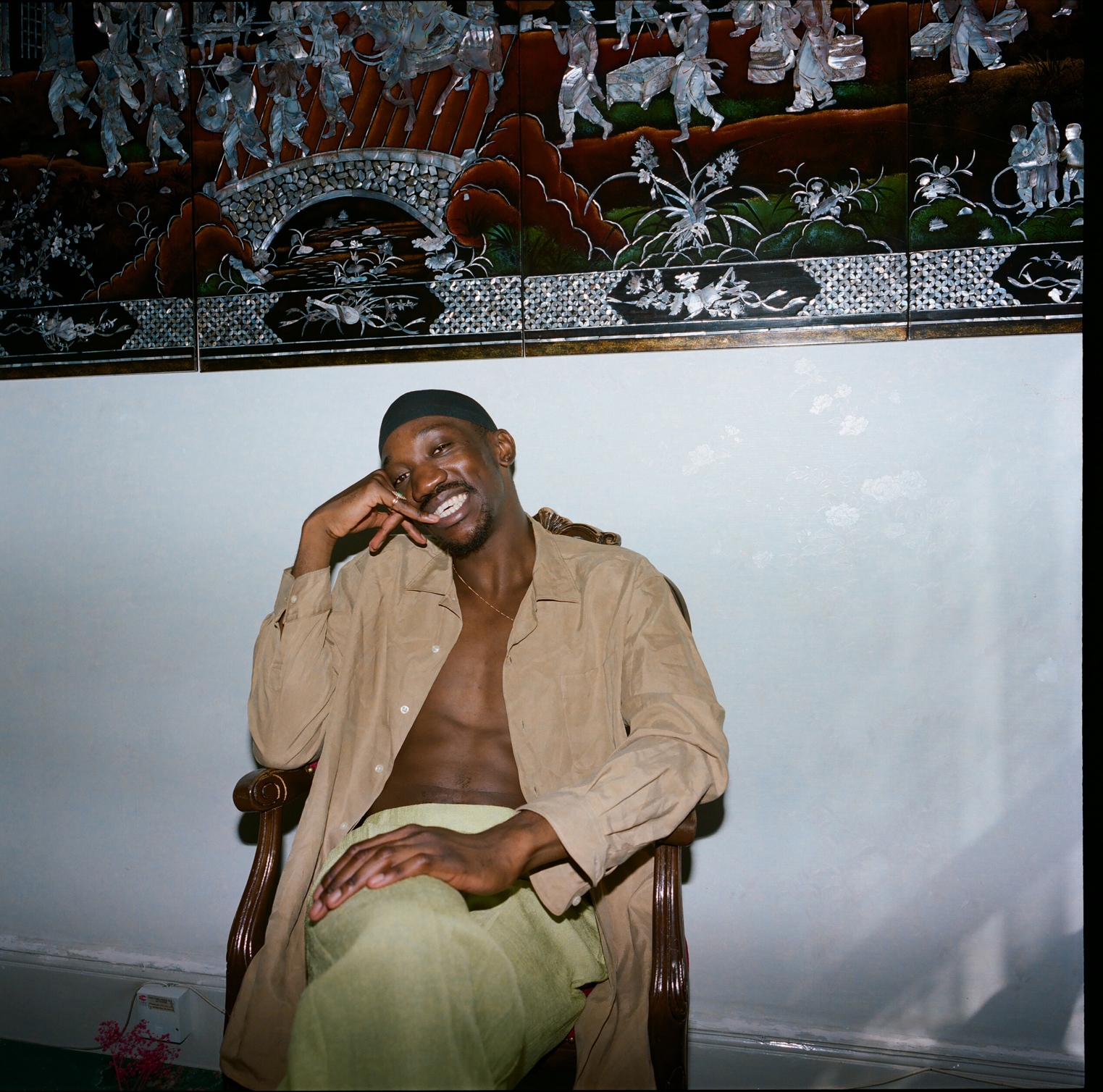
Your sound harks back to Congolese rumba, but your flow has a distinctly different flare. How has displacement and location helped you hone your sound?
I was born in DRC and used to spend most of my childhood school holidays in Paris and some other parts of France because of family, but I’ve always lived in London. I feel like all the experience I’ve had in these places, whether it be my childhood or adulthood, just manifest themselves in the music subconsciously—it’s an extension of how these places have moulded the person I am today.
Has there been a definitive turning point, or ‘aha’ moment in your journey as an artist?
I would say the day I consciously decided that I would produce my own music was a very important moment for me as an artist, and it’s potentially one of the best decisions I’ve made for my career. That moment gave me the ownership over exactly how I wanted to translate my message, my story, and ultimately my sound as it is today. I definitely want to wear my influences on my sleeve but also I want to sound and be as idiosyncratic as possible.
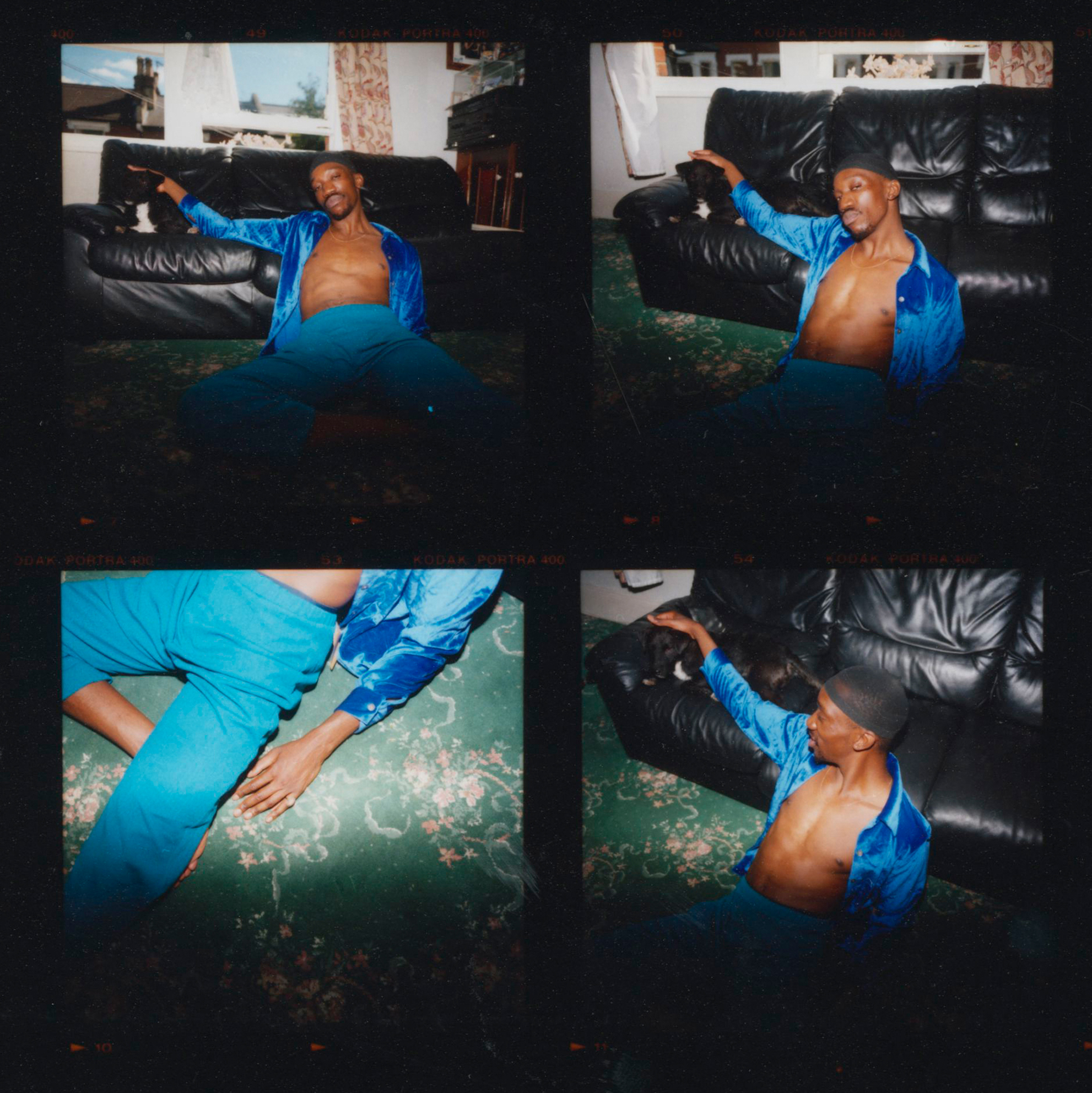
What’s your current philosophy in regards to making music? Do you wait for inspiration to come to you? Or do you work at it consistently, treat it like a 9-5?
A bit of both if I’m honest. Routine can be good for me but also it can also give me anxiety when the results I want don’t necessarily materialise. I think what helps is that I’m pretty multi-disciplinary so I can spread my creativity across a few things like designing, or shooting videos. I’m constantly inspired and putting [that] back into something artistically. Breaks are important though!
How do other forms of art interact with your music-making?
I love film, I feel like there are so many parallels in the way moments are created in music and film as well most art forms, but especially those two for me personally. The way I see it, a draft in any art form is basically the same thing: it’s literally where all the magic is, whether that be a first sketch or a first draft of script it’s the same. If you look closely you’ll find a lot of parallels that can be applied to your own process.
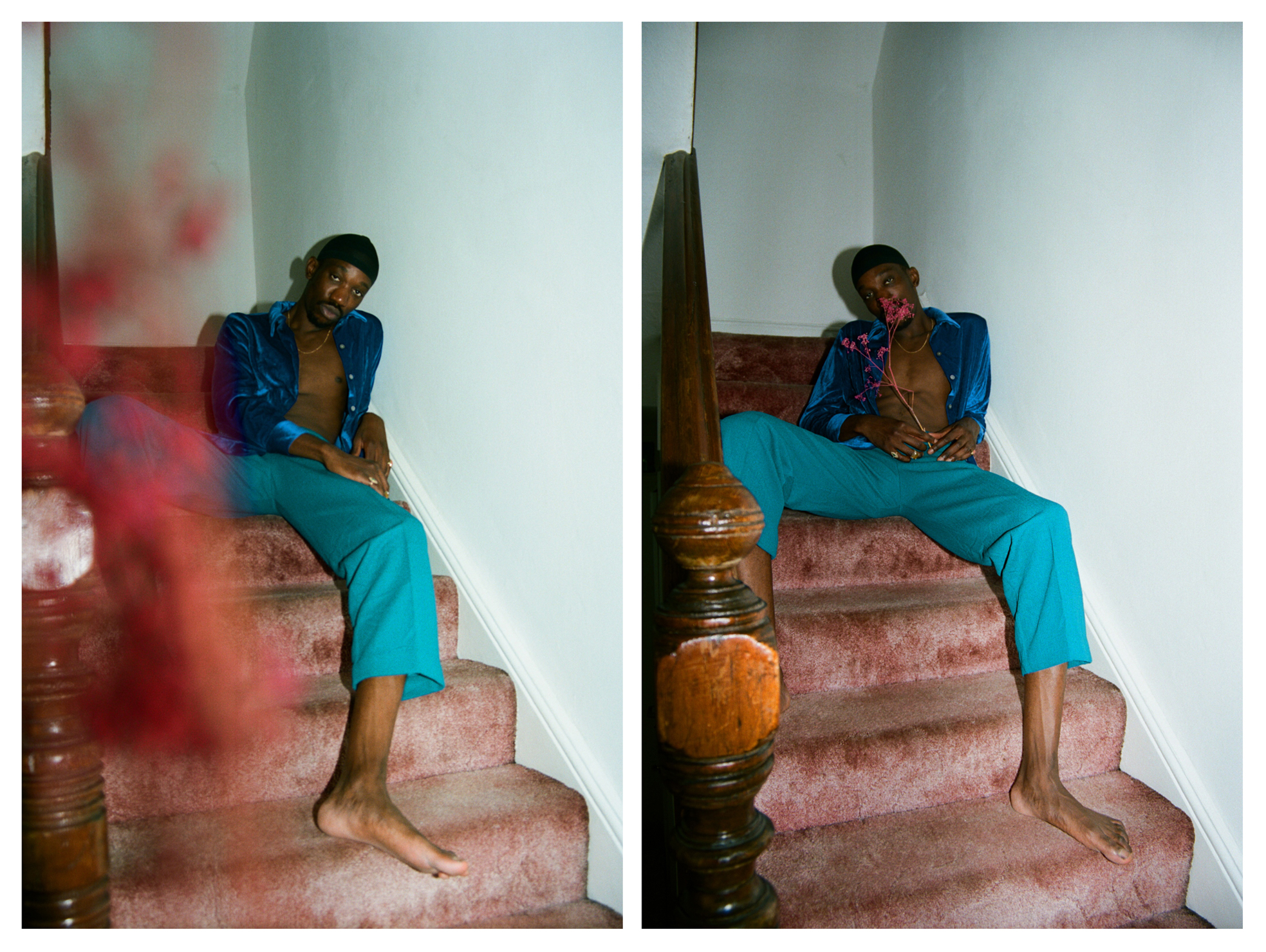
You’ve curated this aesthetic that’s quite analogue, or low-fi, and though your music doesn’t necessarily share these characteristics, the audio-visual interaction blends seamlessly. Where does your love of that aesthetic come from, and how does it feeds into the atmosphere of your music?
I think I’m a product of the millennial generation that has a longing for nostalgia and the future at the same time, which I love and I think naturally that finds it’s way into my music and everything that accompanies it.
Your lyrics have the consistent tone of a personal and rather direct address. Do you regard your songs as revelations of yourself to another person? Intimate spaces where you can express your inner thoughts?
Most of my songs are conversations or as a result of conversation with those who are active in my life at the present time. It’s definitely a safe space for me to be very honest about how I feel about myself and those who are dear to me. Sometimes you may even get a realisation or two out of it which is a nice bonus!
Where is Miles from Kinshasa going next?
I just follow the music, to be honest. The road looks good so far.
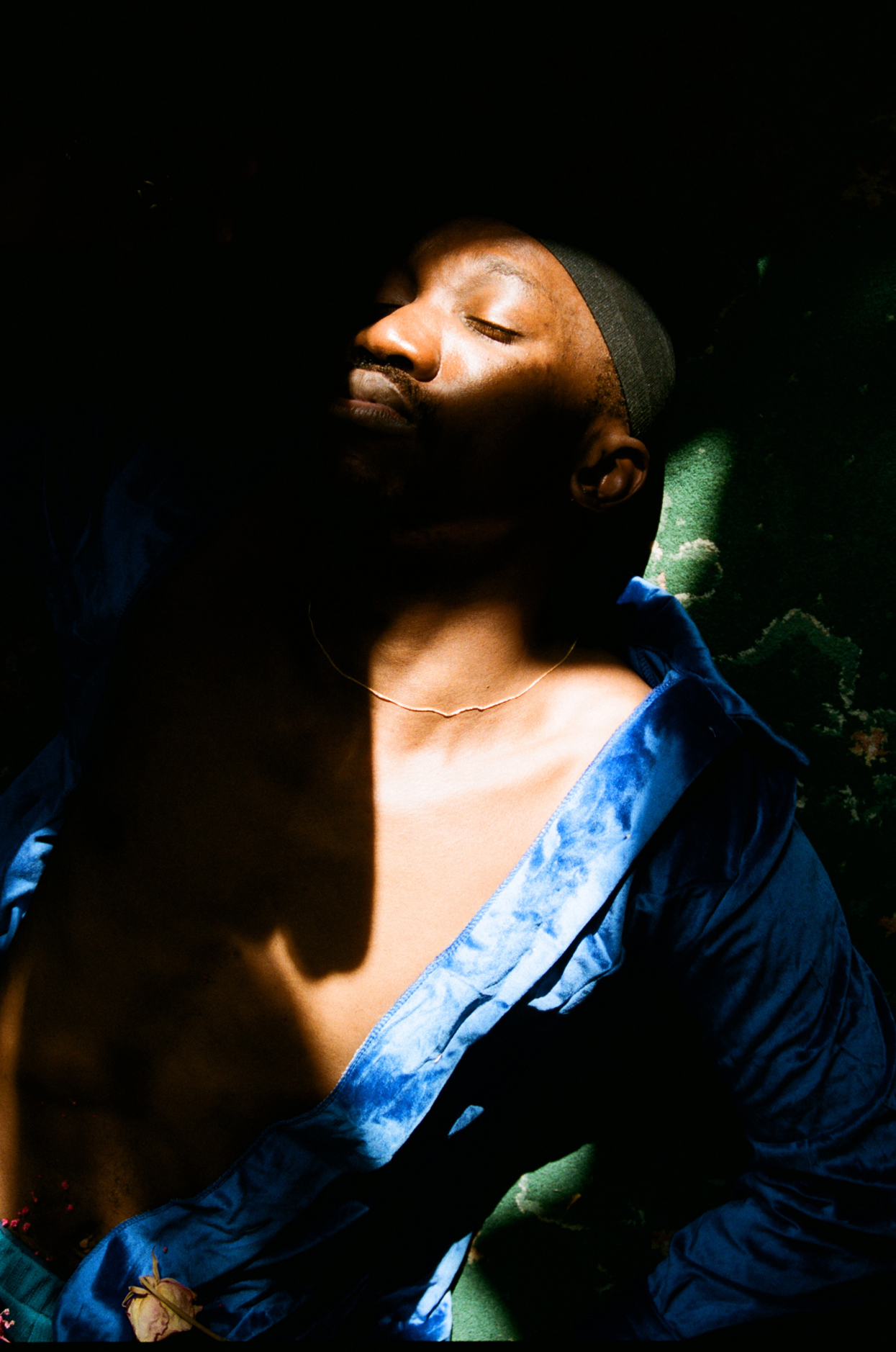
Photography ELENA CREMONA
